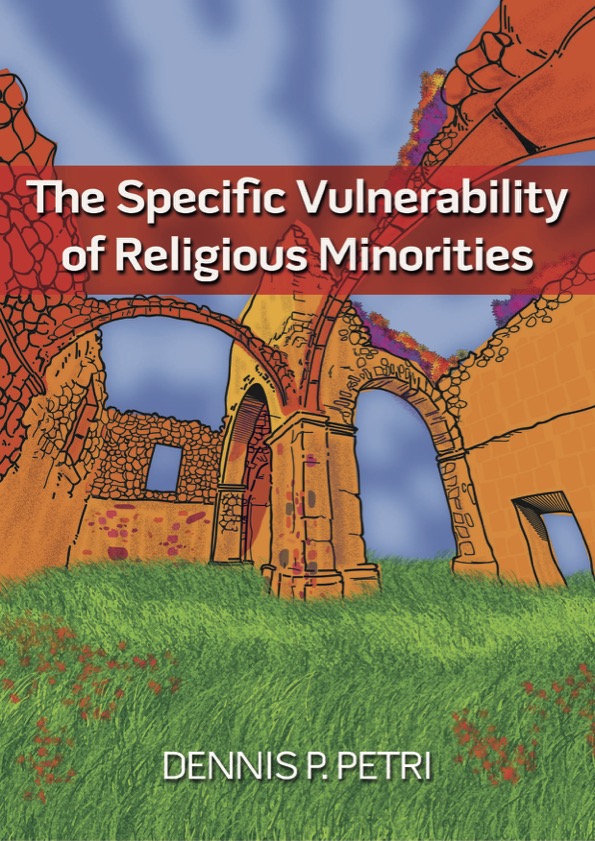The starting point for this research was the empirical observation that a number of characteristic aspects of religious persecution in Latin America are insufficiently recognized by existing theoretical frameworks and data collection tools.
Adopting a human security perspective, I develop a methodology that allows to observe how different forms of religious behavior can lead actors such as states, indigenous leaders and organized crime to restrict the religious freedom of a religious minority, which I call the ‘religious minorities vulnerability assessment tool’ (RM-VAT).
I illustrate my argument with three Latin American case studies, based on original fieldwork: (1) the vulnerability of actively practicing Christians caused by criminal violence in the states of Nuevo León, Tamaulipas and San Luis Potosí, Mexico, (2) the vulnerability of cultural dissidents among the Nasa ethnic group in the resguardos indígenas [indigenous reserves] of the southwestern highlands of Colombia and (3) the vulnerability of Christians in Cuba.
The RM-VAT constitutes a valuable instrument to assess the vulnerability of religious minorities in ways and on levels not observed before. These new insights form a useful basis to reflect on and develop methods to build resilience within these groups and raise awareness of their situation worldwide.
